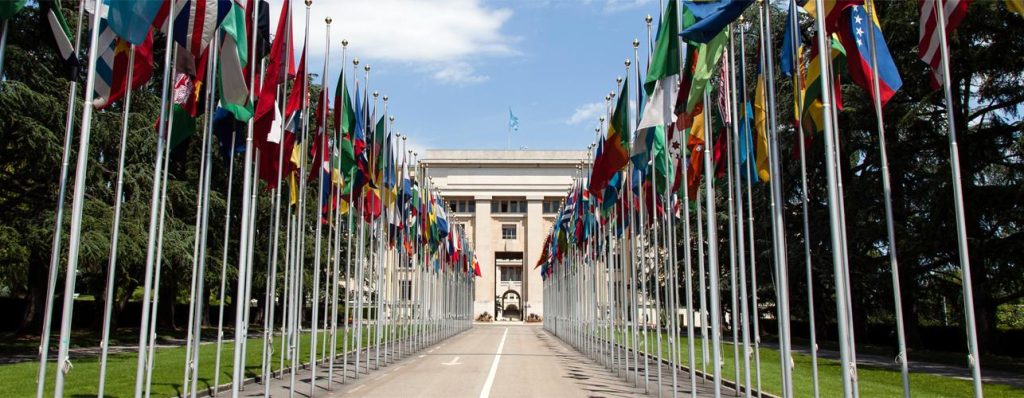
American Indians, Alaska Natives, and Native Hawaiians increasingly contend with rights violations concerning transboundary matters that cannot be resolved through federal-level advocacy alone. From climate change and repatriation to traditional knowledge and border crossings, the protection of Indigenous Peoples’ rights often calls for multilateral diplomacy at the United Nations, the world’s leading intergovernmental organization. Pressure can also be generated on the world stage that can contribute to federal law reforms here at home. To support those efforts, a new publication, prepared specifically for Indigenous Peoples, helps to demystify the UN and aid Tribal leaders, lawyers, and community members in making the most out of their international advocacy.

The Implementation Project, a joint initiative of the Native American Rights Fund and Colorado Law, advances education and advocacy regarding the United Nations Declaration on the Rights of Indigenous Peoples. To help provide access to justice in participating and advocating at the UN, the Project has produced The Indigenous Peoples’ Guide to the United Nations (2024).
Successful international engagement requires a significant investment of time and energy, undertaken over many years, and developing familiarity with the institution. The Guide covers the structure of the UN, with a focus on mechanisms, bodies, agencies, and initiatives devoted to Indigenous Peoples. The Guide is filled with practical tips and tools from Tribal leaders and their teams, aimed to provide insight on UN entities such as the UN Permanent Forum on Indigenous Issues, the World Intellectual Property Organization, and the UN Framework Convention on Climate Change.
To network with other international Indigenous advocates, watch helpful webinars, and access additional resources, visit The Implementation Project’s website at un-declaration.narf.org.
More blog posts

